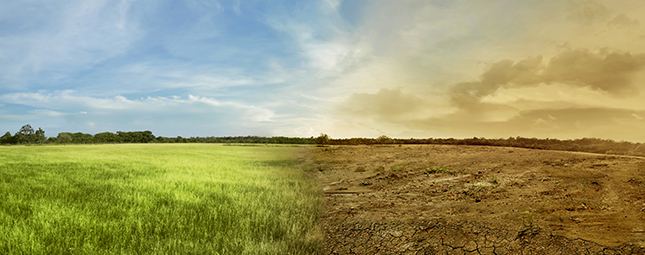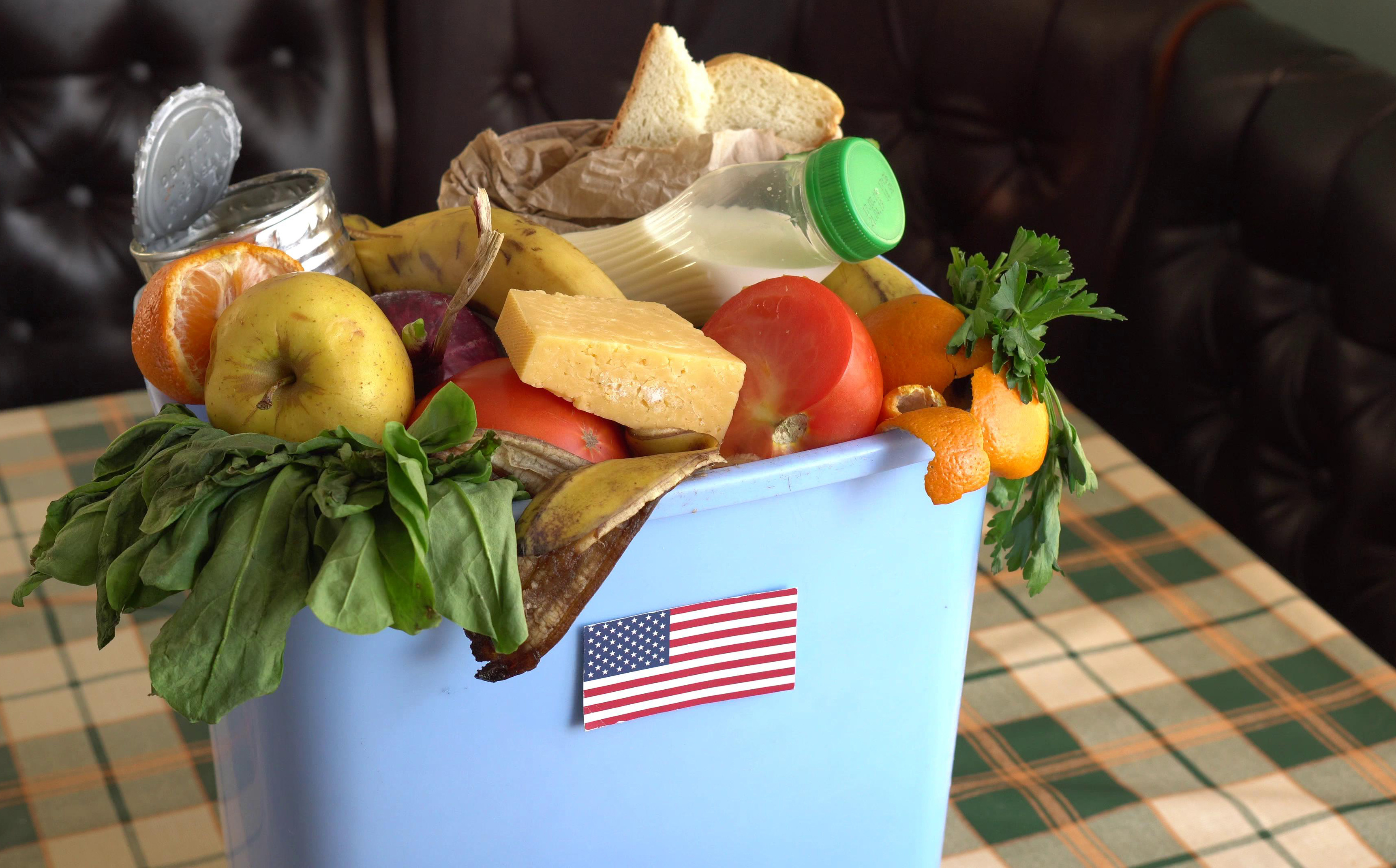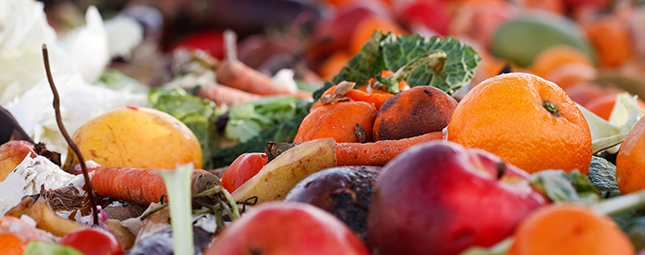Food Waste Intelligence

It is very hard to read the latest UN report on climate change. Not technically challenging - it’s written in very clear, stark language - but emotionally difficult. The problems are so big, so daunting, it’s hard to keep it all in your head at once. So it’s worth remembering as we are faced again with the enormity of the problem, that the way to deal with any big challenge is to break it down into manageable pieces, and focus on those. For foodservice kitchens, the manageable piece of the climate challenge is preventing food waste.
Read More >>Topics:
Food Waste Policy
Today, July 29, is Earth Overshoot Day. It’s a critically important day for everyone interested in advancing food waste reduction and ensuring a sustainable future. Earth Overshoot Day represents the point in the year where humanity’s demand for ecological resources (our collective ecological footprint) exceeds the Earth’s ability to supply them (biocapacity). The Global Footprint Network maintains the annual calculation of Earth Overshoot which has, unfortunately, been moving steadily forward (i.e. earlier in the calendar) over time....
Read More >>
In the United States, 30 to 40 percent of all available food is wasted. Food is the nation’s single largest type of waste. Three U.S. federal agencies have announced a coordinated strategy to address the crisis.
Read More >>Topics:
Food Waste Policy
Words matter, and just as it’s important to distinguish between terms such as food loss, food waste, and excess food, it’s also important to distinguish between “recovery” and “prevention” -- because the initiatives and impacts are very different.
Read More >>Topics:
Food Waste Policy
Eighty state-level, food-waste related bills were introduced in the United States last year, according to research by Harvard’s Food Law and Policy Clinic. While tracking is spotty prior to 2017, the clinic believes this represents a strong uptick.
Read More >>